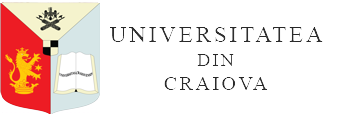HANS JOAS’ “SACRALIZATION THEORY” AS A NORMATIVE CONCEPT
DOI:
https://doi.org/10.52846/afucv.v2i54.80Keywords:
Hans Joas, sacralization, human rights, social philosophy, sociology of religionAbstract
The german social theorist Hans Joas has put forward the thesis that the development of human rights is not to be traced back to anti-religious secularism: what we are talking about here is a peculiar process of sacralization, in the course of which an “aura of sacredness” is created around the members of modern societies. Kantian philosopher Otfried Höffe thinks that Joas strives to create an “affirmative genealogy”: i.e. the elaboration of a method following which we could get an overview of the “authentic history” of the development of human rights and acknowledge the claim to the validity of these rights at the same time. The theory of Joas is seen by Höffe as the unauthorized intervention of a sociologist into the area of rational philosophical argumentation. In my study, I’m trying to outline an answer on Höffe’s criticism. Firstly I’m demonstrating that according Joas’s view the normative philosophy can be replaced by a historical-sociological analysis. Instead, he was thinking in terms of a complementary relationship: he regarded that the involvement of the perspective of historical sociology had a seminal effect on the reconsideration of the familiar normative positions. Secondly that I’m trying to outline Joas’s normative theory in contrast of Habermas’ discourse theory. I am arguing that the outlined theory the development and maintenance of rational discourses depend on preserving certain social practices that evolve spontaneously: consequently, comprehensive social criticism cannot be purely based on the requirement of the discursive rationality. Finally, I will also highlight the problems and restraints of the “Joasian” normative theory.


